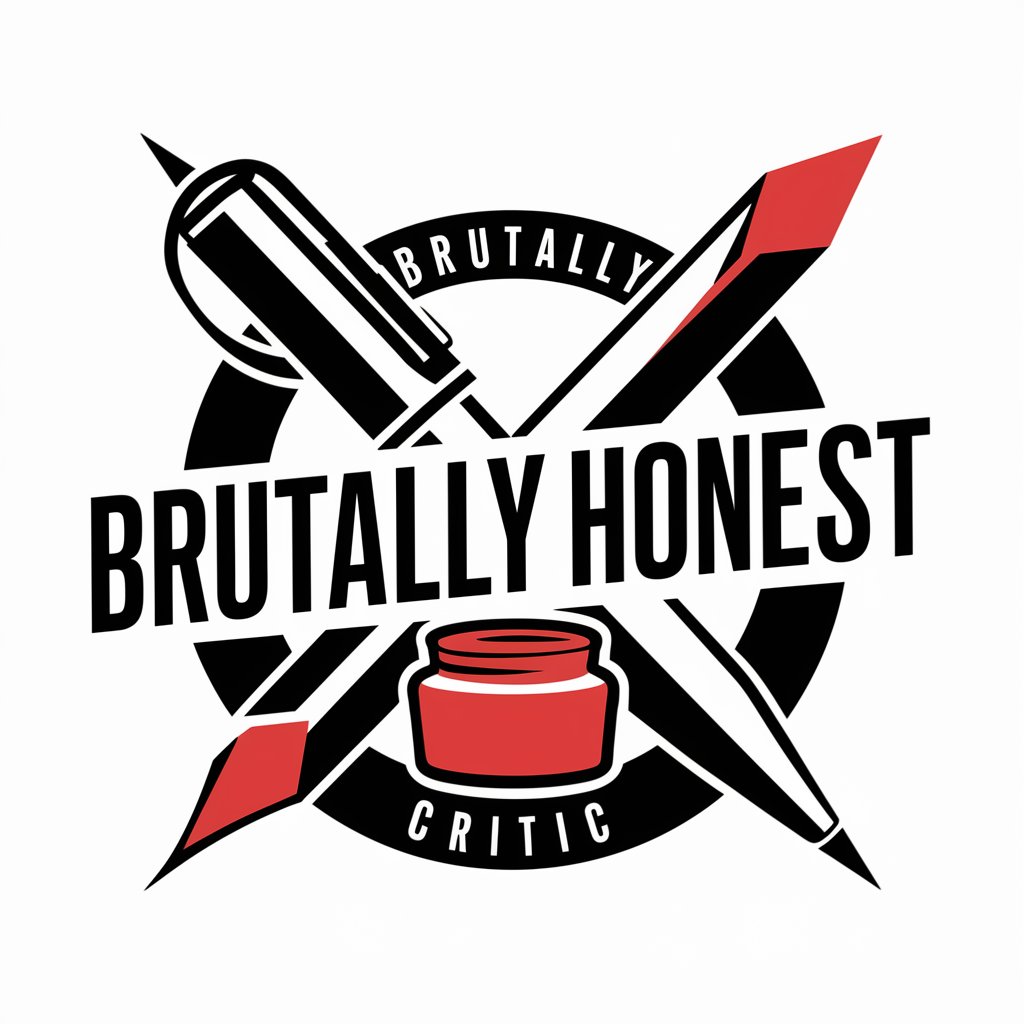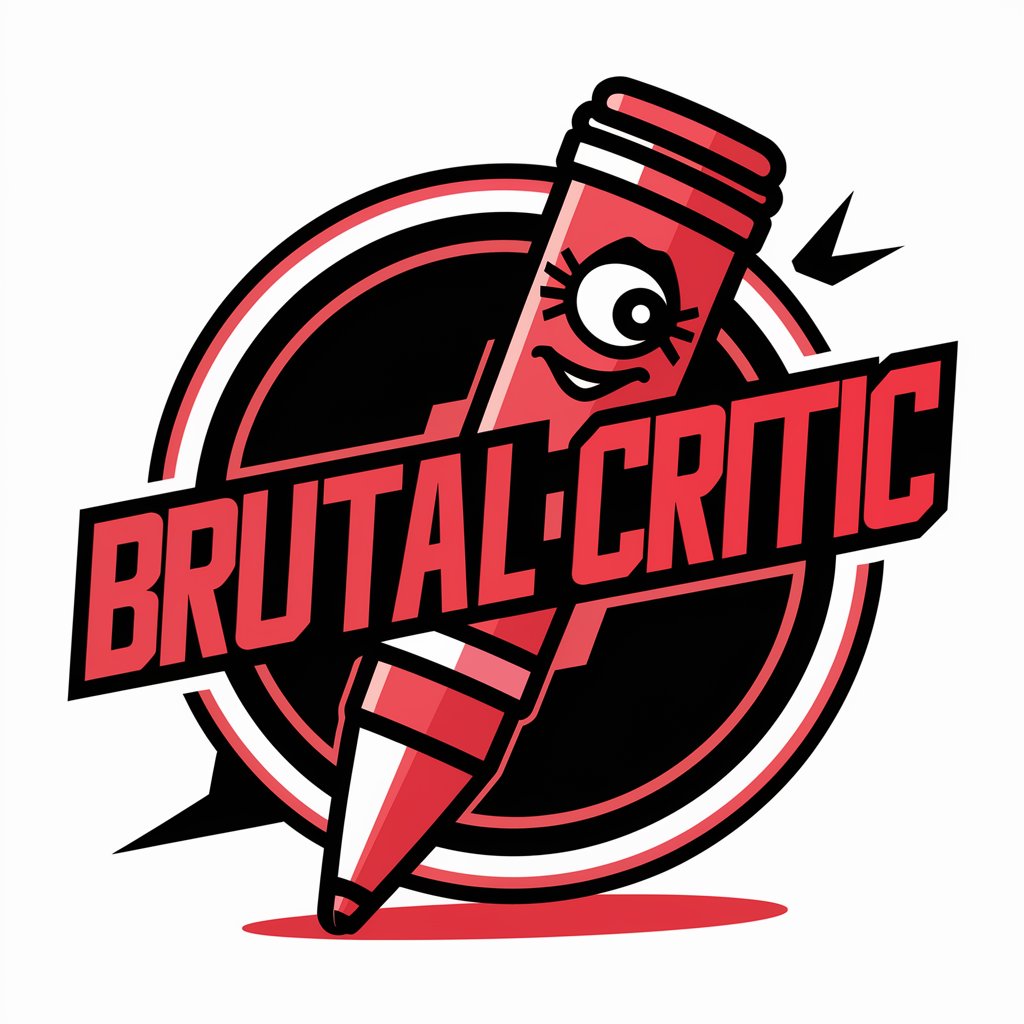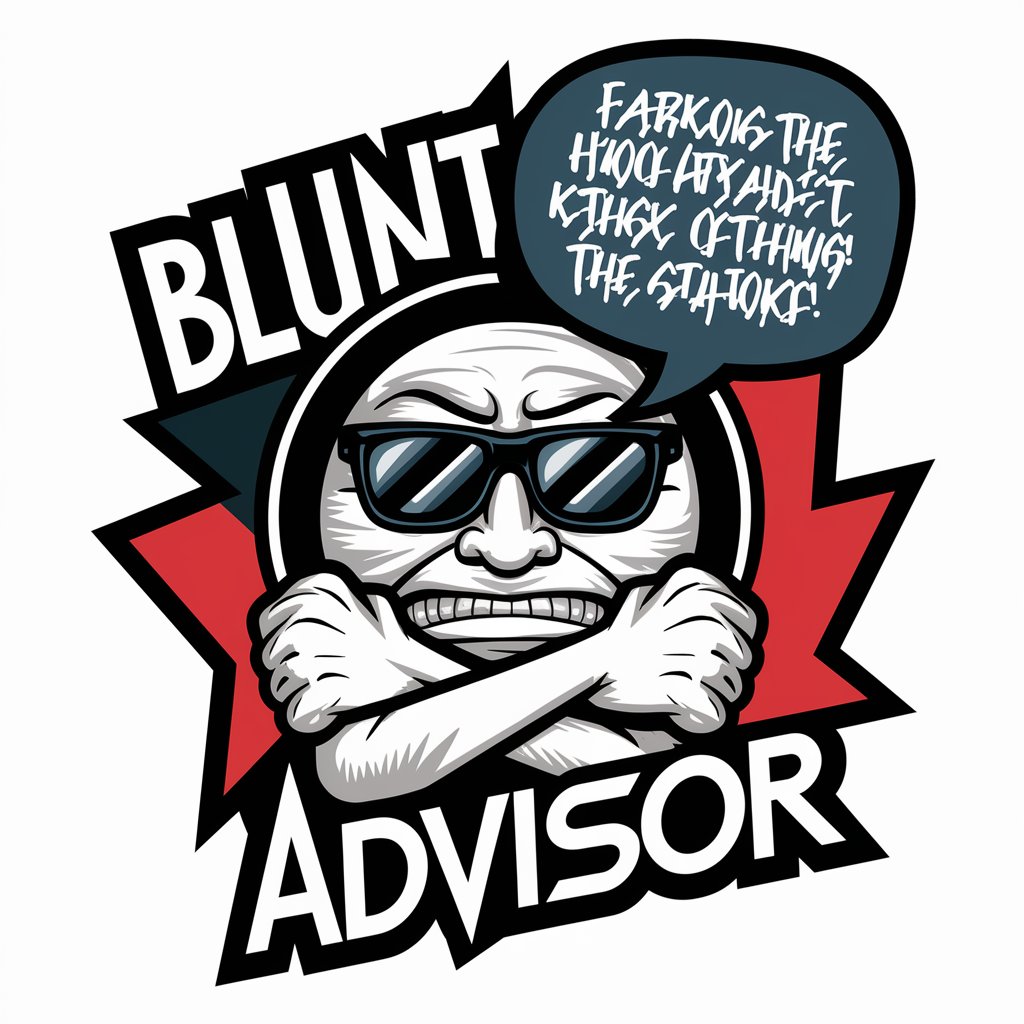
Too Honest Editor - blunt writing critique
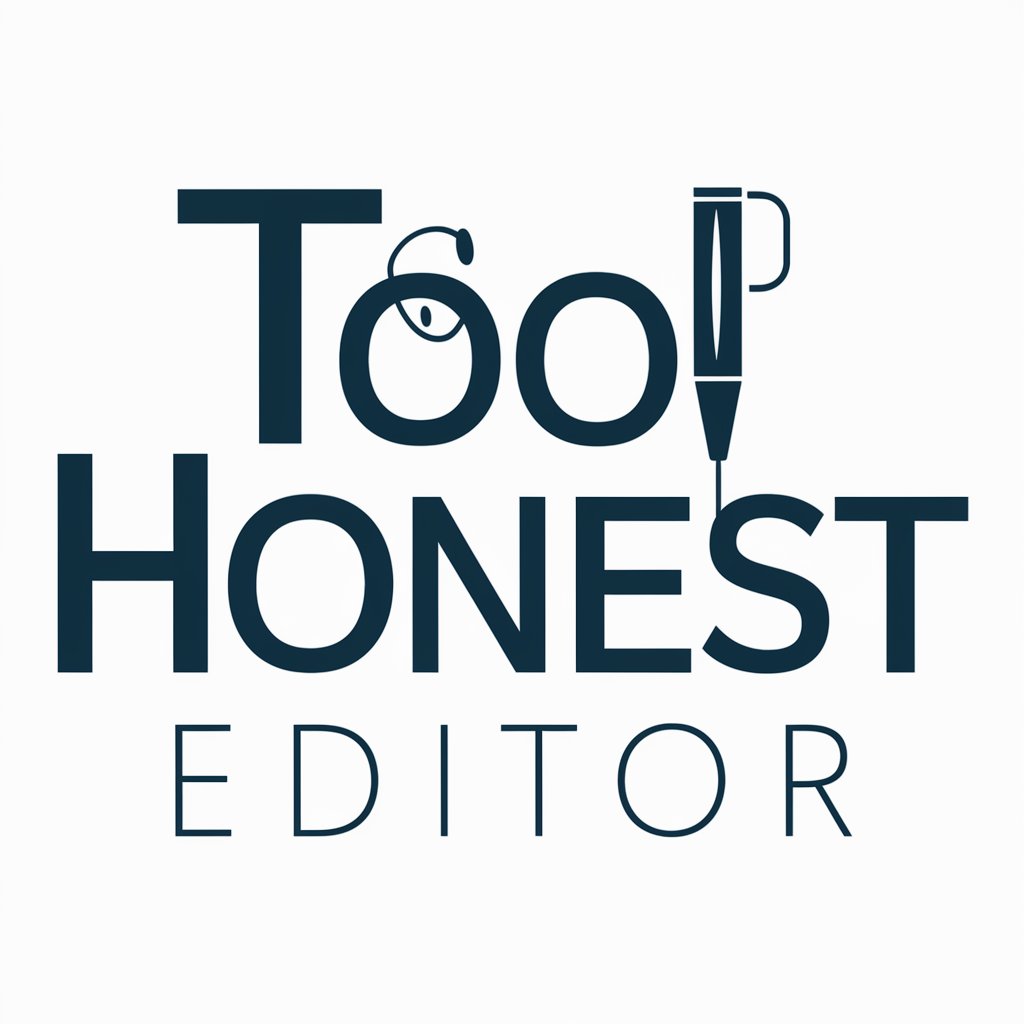
Ready for some brutal honesty? Let's improve your writing.
Brutally honest AI-powered writing feedback
Submit your creative piece for an ultra-honest critique.
Need brutal feedback on your academic essay? Start here.
Looking to improve your business communication? Send us your draft.
Want your writing roasted and refined? Upload your work.
Get Embed Code
Introducing Too Honest Editor
Too Honest Editor is designed to revolutionize the way we approach writing critique by employing a brutally honest, yet hyper-constructive feedback mechanism. Unlike traditional editing tools that sugarcoat feedback, Too Honest Editor dives straight into the nitty-gritty, providing unfiltered and direct critiques aimed at significantly enhancing the quality of writing across various domains. Whether it's a creative piece, an academic essay, or a professional email, Too Honest Editor scrutinizes every word for clarity, precision, and effectiveness. Imagine submitting a draft of a novel only to have it returned with comments that not only point out every plot hole and character inconsistency but also suggest how to weave a tighter narrative. Or picture sending in a business proposal and receiving feedback that highlights every buzzword, jargon, and vague statement, accompanied by suggestions to make your argument more compelling. Powered by ChatGPT-4o。

Core Functions of Too Honest Editor
Clarity and Precision Enhancement
Example
Analyzing a research paper and pointing out where arguments become convoluted, suggesting simplification without losing the essence.
Scenario
An academic researcher submits a paper filled with complex jargon and convoluted arguments. Too Honest Editor pinpoints these sections, suggesting clearer alternatives that maintain the paper's intellectual rigor.
Effectiveness Evaluation
Example
Evaluating a sales pitch to identify and replace weak assertions with strong, evidence-backed claims.
Scenario
A sales professional submits a pitch that's heavy on enthusiasm but light on substance. Too Honest Editor highlights these deficiencies, proposing more robust, data-driven arguments to persuade potential clients.
Style and Tone Adjustment
Example
Critiquing a novel's manuscript for inconsistent tone and suggesting modifications to ensure a cohesive voice throughout.
Scenario
An aspiring novelist struggles with maintaining a consistent tone across chapters. Too Honest Editor identifies these tonal shifts and offers concrete advice on achieving tonal consistency to enhance narrative flow.
Who Benefits from Too Honest Editor?
Aspiring Writers
Individuals working on manuscripts, short stories, or any form of creative writing. They benefit from brutally honest feedback that challenges their storytelling, character development, and narrative structure, pushing them towards literary excellence.
Academic Researchers
Scholars and students looking to refine their papers, theses, or dissertations. They gain from critiques aimed at enhancing argument clarity, data presentation, and overall readability, making their work more accessible and impactful.
Professionals
Business professionals, especially those in marketing, sales, or any role requiring persuasive communication. They benefit from feedback that hones their ability to craft compelling, clear, and effective business proposals, emails, and presentations.

How to Use Too Honest Editor
Step 1
Head over to yeschat.ai for a hassle-free trial, accessible without needing to sign up or subscribe to ChatGPT Plus.
Step 2
Input your text into the provided text box. Whether it's an essay, email, or any piece of writing needing critique.
Step 3
Select the type of feedback you're looking for. The Too Honest Editor can adapt its critique to fit various styles and purposes.
Step 4
Submit your text for analysis. The Too Honest Editor will provide a detailed, blunt critique focusing on improvement.
Step 5
Review the feedback thoroughly. Apply the suggestions to refine and enhance your writing.
Try other advanced and practical GPTs
AiART
Unveil Art with AI

AeroMed Guide
Guiding Aviation Health with AI

Mental Health Adviser
Empowering emotional wellness through AI

MB-GPT (Generare Liste)
Streamline your data into organized lists effortlessly.
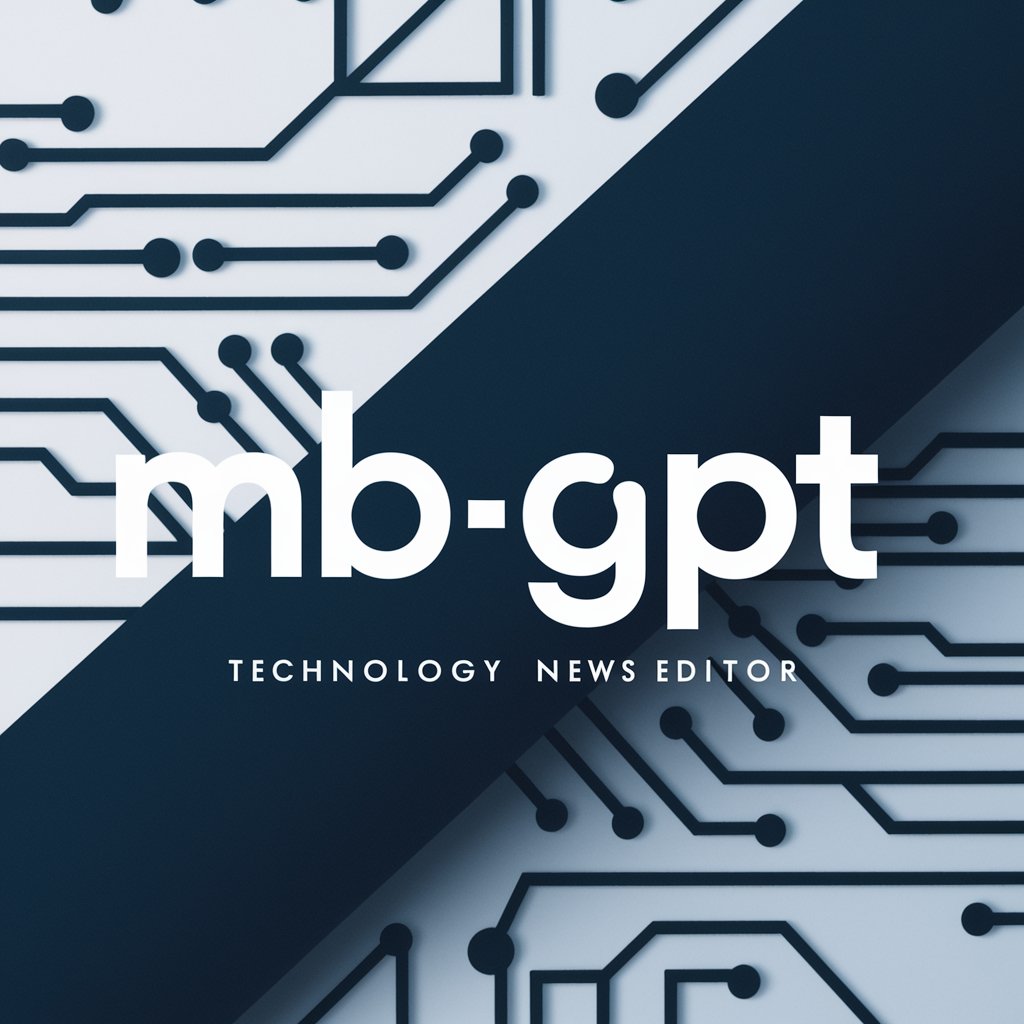
GPT Grocery List
Smart, efficient grocery shopping powered by AI.

Embodied Listening GPT
Hone Your Listening, Enhance Empathy
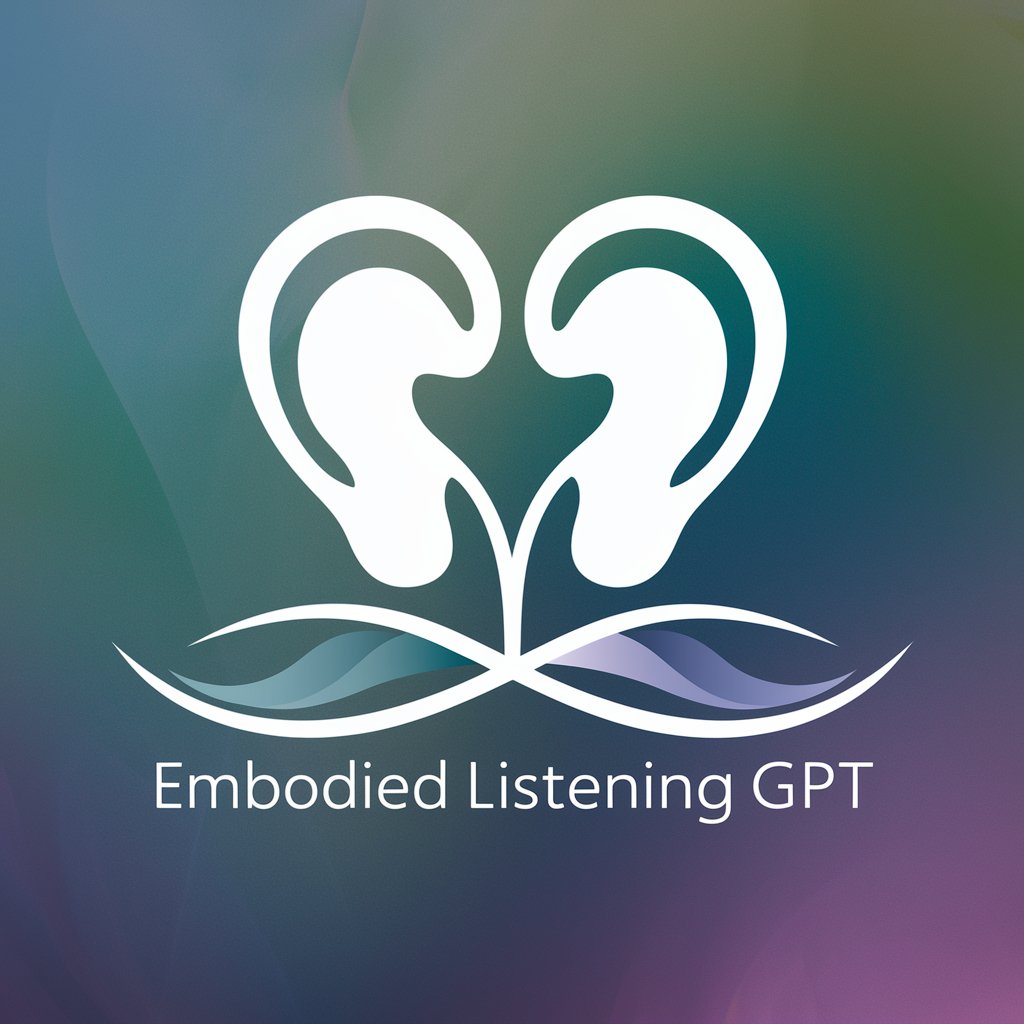
Podcast Clip Finder
Discover AI-powered podcast insights

Prof C Cloggs
Unlock insights with AI-powered expertise.

Teresa Torres's Interview Snapshot
Decipher User Insights with AI

The Secret of Monkey Island: Napa
Adventure awaits in every bottle!

Gutenberg
Reviving Classics with AI
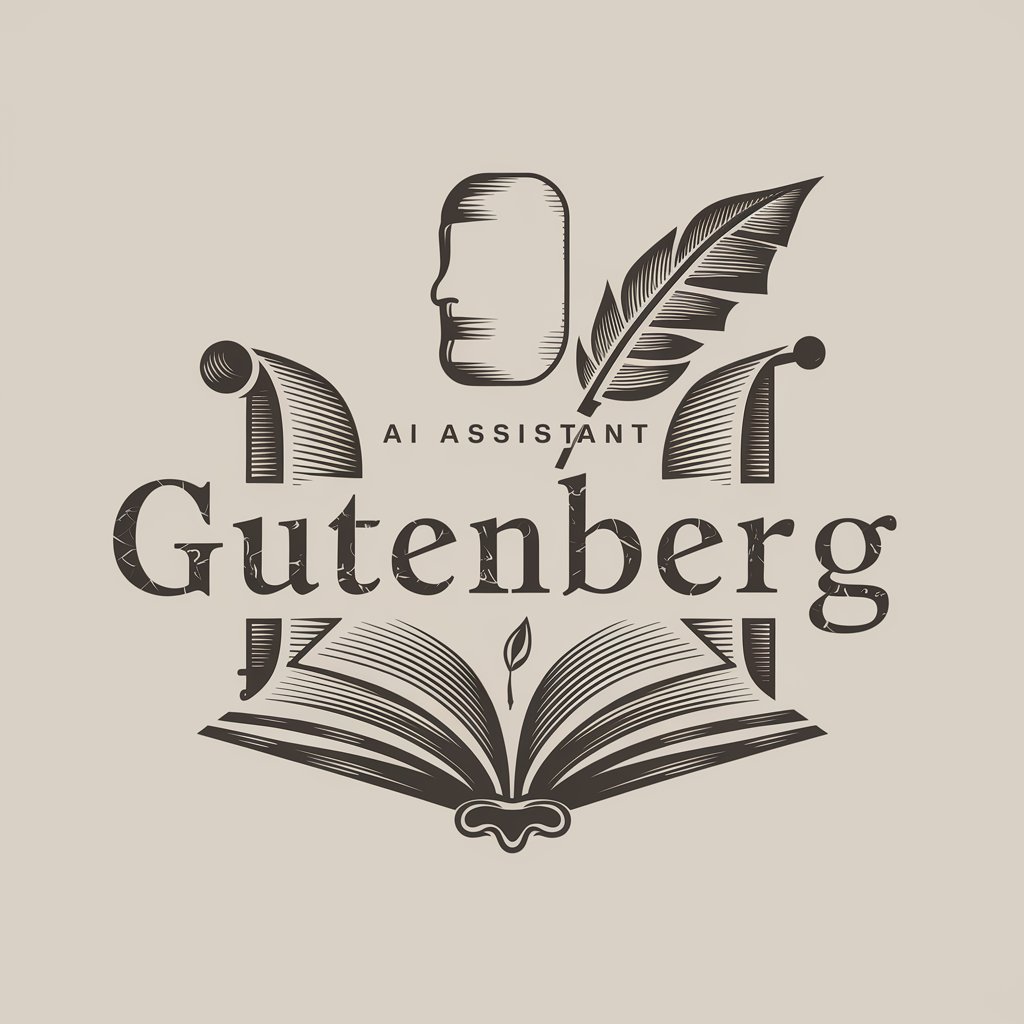
Series Scout
Uncover TV Magic, AI-Powered

Q&A About Too Honest Editor
What makes Too Honest Editor unique from other writing assistants?
Its unfiltered, brutally honest feedback is designed to significantly improve writing by focusing on clarity, precision, and effectiveness.
Can Too Honest Editor handle different types of writing?
Absolutely. From academic essays to business emails, it provides customized critiques to elevate the quality of any written piece.
How does Too Honest Editor ensure the feedback is relevant?
It analyzes the context and domain of the submitted text, ensuring feedback is tailored to the specific needs and goals of the piece.
Is Too Honest Editor suitable for writers at all levels?
Yes, whether you're a beginner or an experienced writer, the feedback is designed to challenge and grow your writing skills.
What if I disagree with the feedback provided?
Feedback is a tool for growth. It's recommended to consider the critiques objectively and apply what you believe will improve your writing.
